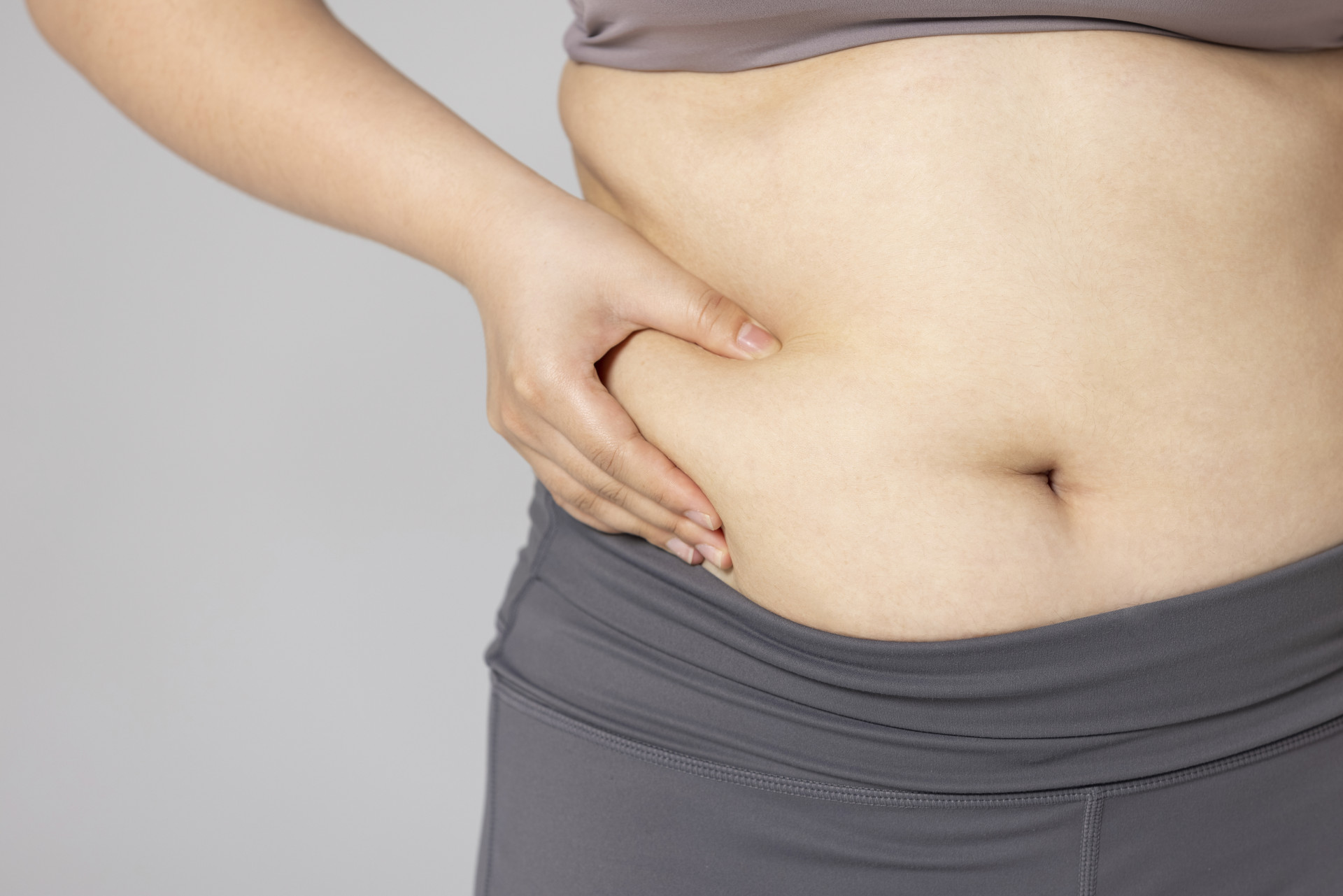The quality of nutrition during the puerperium is closely related to the health of the mother's body and the nourishment of the newborn. During this period, the body loses some blood and needs timely replenishment; the reproductive organs are damaged and need repair; the newborn needs a large amount of milk secretion. Based on these physiological characteristics, in addition to eating more meat, eggs, fish, and other foods, mothers should also eat more vegetables during the puerperium. According to scientific research, it is best for mothers to eat more lotus root, daylily, bean sprouts, kelp, and lettuce, which are beneficial to the health of both the mother and the child.
1. Lotus root: Lotus root contains a large amount of starch, vitamins, and minerals. It is rich in nutrients, refreshing, and is a good vegetable and medicine for promoting blood circulation and removing blood stasis. It can invigorate the spleen and stomach, nourish yin and relieve restlessness, promote blood circulation and remove stasis, and promote the secretion of milk. Eating lotus root can help mothers to eliminate the accumulated blood in the abdomen, improve appetite, aid digestion, and promote milk secretion, which is beneficial for the feeding of newborns.
2. Daylily: Daylily contains protein, minerals such as phosphorus and iron, vitamins A and C, and other active compounds. It is rich in nutrients and has a delicious taste, especially suitable for making soup. Traditional Chinese medicine books record that it has the functions of reducing swelling, diuresis, relieving fever, relieving pain, nourishing blood, and nourishing the brain. During the puerperium, it is easy to experience abdominal pain, difficulty urinating, pale complexion, and restless sleep. Eating daylily can alleviate these symptoms.
3. Bean sprouts: Bean sprouts contain a large amount of protein, vitamin C, and fiber. Protein is the main raw material for the growth of tissue cells and can repair damaged tissues during childbirth. Vitamin C can increase the elasticity and toughness of blood vessel walls, prevent bleeding, and fiber can promote bowel movements and prevent constipation in mothers.
4. Kelp: Kelp contains a lot of iodine and iron. Iodine is the main raw material for the production of thyroid hormone, and iron is the main raw material for the production of blood cells. Eating this vegetable more during the puerperium can increase the content of milk. When newborns consume this milk, it is beneficial for their growth and development and prevents mental retardation caused by iodine deficiency. Iron is the main raw material for the production of red blood cells and has the effect of preventing anemia.
5. Lettuce: Lettuce is one of the main vegetables in spring. It contains various nutrients, especially a high content of minerals such as calcium, phosphorus, and iron, which can promote bone growth and strengthen teeth. According to traditional Chinese medicine, lettuce has the functions of clearing heat, diuresis, promoting blood circulation, and promoting milk secretion. It is particularly suitable for people who have little urine and no milk after childbirth.











